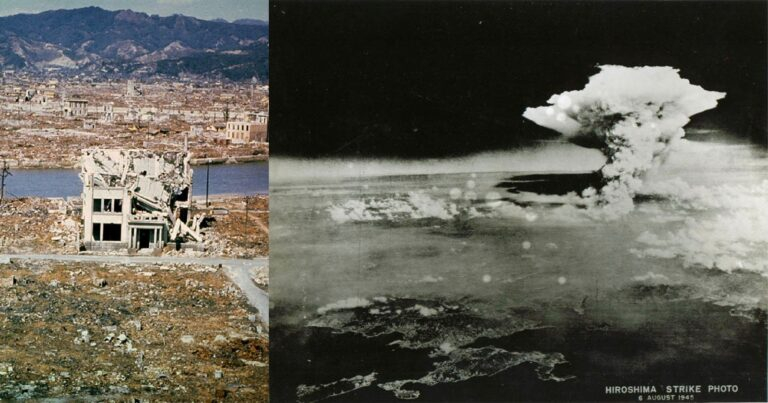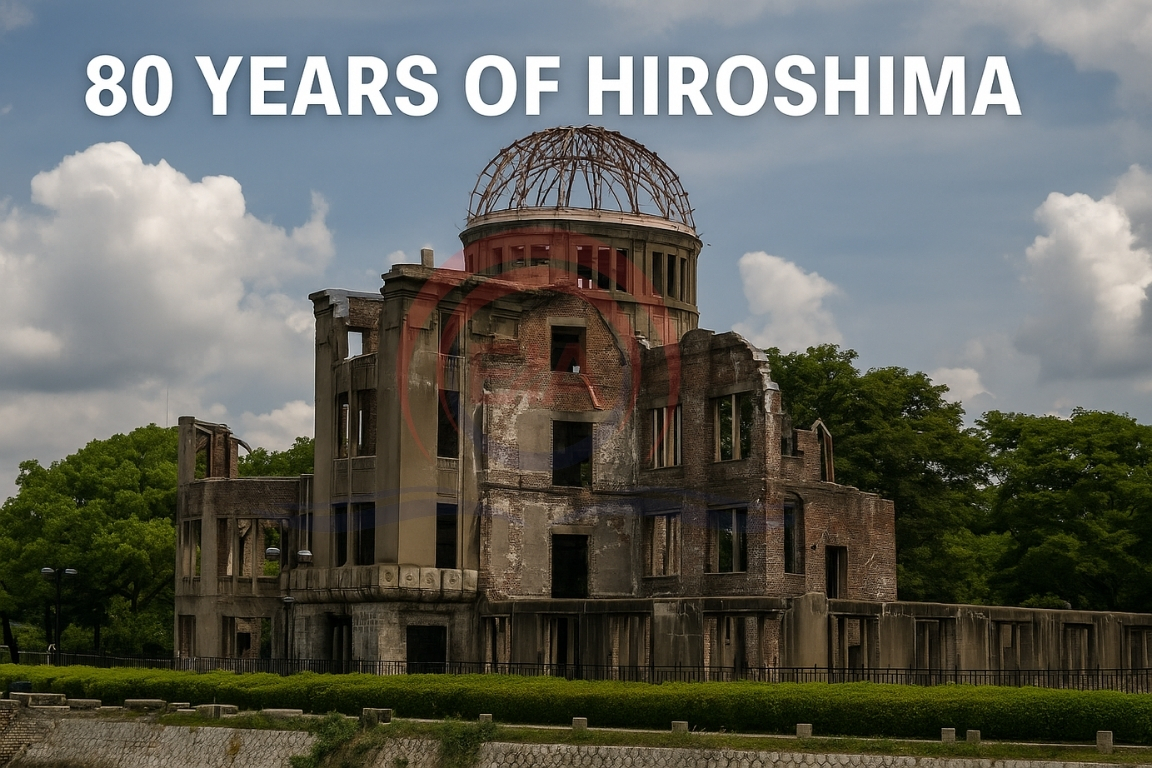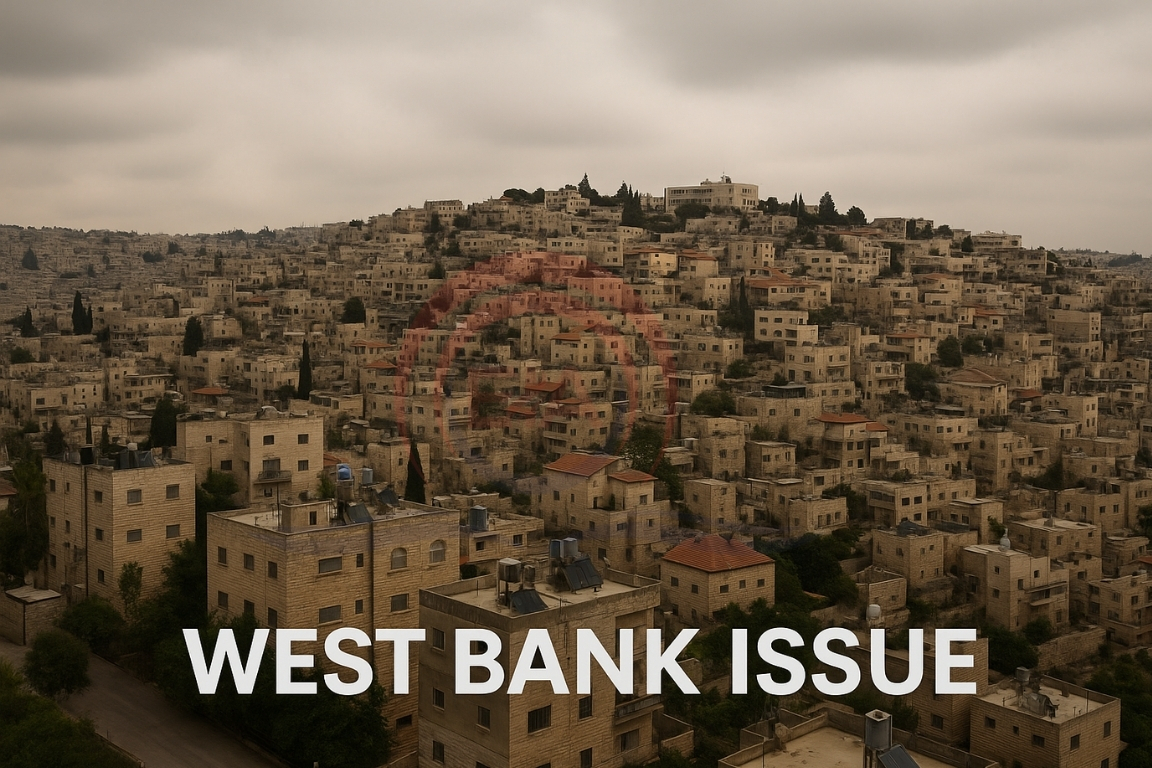August 6, 2025, marked 80 years since the U.S. dropped the world’s first atomic bomb on Hiroshima, Japan. The event triggered the nuclear age and still reminds the world of the dangers of nuclear weapons.
The Hiroshima Bombing
- On August 6, 1945, the U.S. dropped the bomb “Little Boy” on Hiroshima during World War II.
- It killed over 140,000 people and devastated the city.
- Three days later, another bomb was dropped on Nagasaki, prompting Japan’s surrender and ending the war.
Aftermath: Rise of the Nuclear Age
- In 1949, the Soviet Union tested its first nuclear weapon, starting the Cold War arms race.
- Countries began developing more powerful weapons like hydrogen bombs and ICBMs (Intercontinental Ballistic Missiles).
- The idea of Mutual Assured Destruction (MAD) was accepted—if one country used nukes, both sides would be destroyed.

Formation of the IAEA (1957)
- The International Atomic Energy Agency (IAEA) was created to promote peaceful nuclear energy and stop misuse.
Cuban Missile Crisis (1962)
- A near-nuclear war between the U.S. and USSR proved how close the world could come to disaster.
More Nuclear Nations
- New members of the “nuclear club” include: UK (1952), France (1960), China (1964) , India (1974), Pakistan (1998), North Korea (2006)
- India’s stand: No First Use (NFU) policy and credible minimum deterrence. India refuses to sign NPT, calling it unfair.
MAJOR TREATIES ON NUCLEAR DISARMAMENT
- NPT (1968) – Aims to stop the spread of nuclear weapons. Criticized as unfair to non-nuclear countries.
- CTBT (1996) – Bans all nuclear testing. Not in effect as key countries like India, U.S., China haven’t ratified it.
- TPNW (2017) – Completely bans nuclear weapons. Not signed by nuclear powers.
- START & New START – U.S.-Russia treaties to reduce deployed nukes. New START ends in 2026, with future uncertain.
Why Disarmament Still Matters Today
- Countries are upgrading nukes, not reducing them.
- Terrorist threats raise fears of nuclear weapons falling into the wrong hands.
- Nuclear war can cause climate disasters like nuclear winter.
- Global norms weakening as talks on disarmament stall and rivalry increases.





